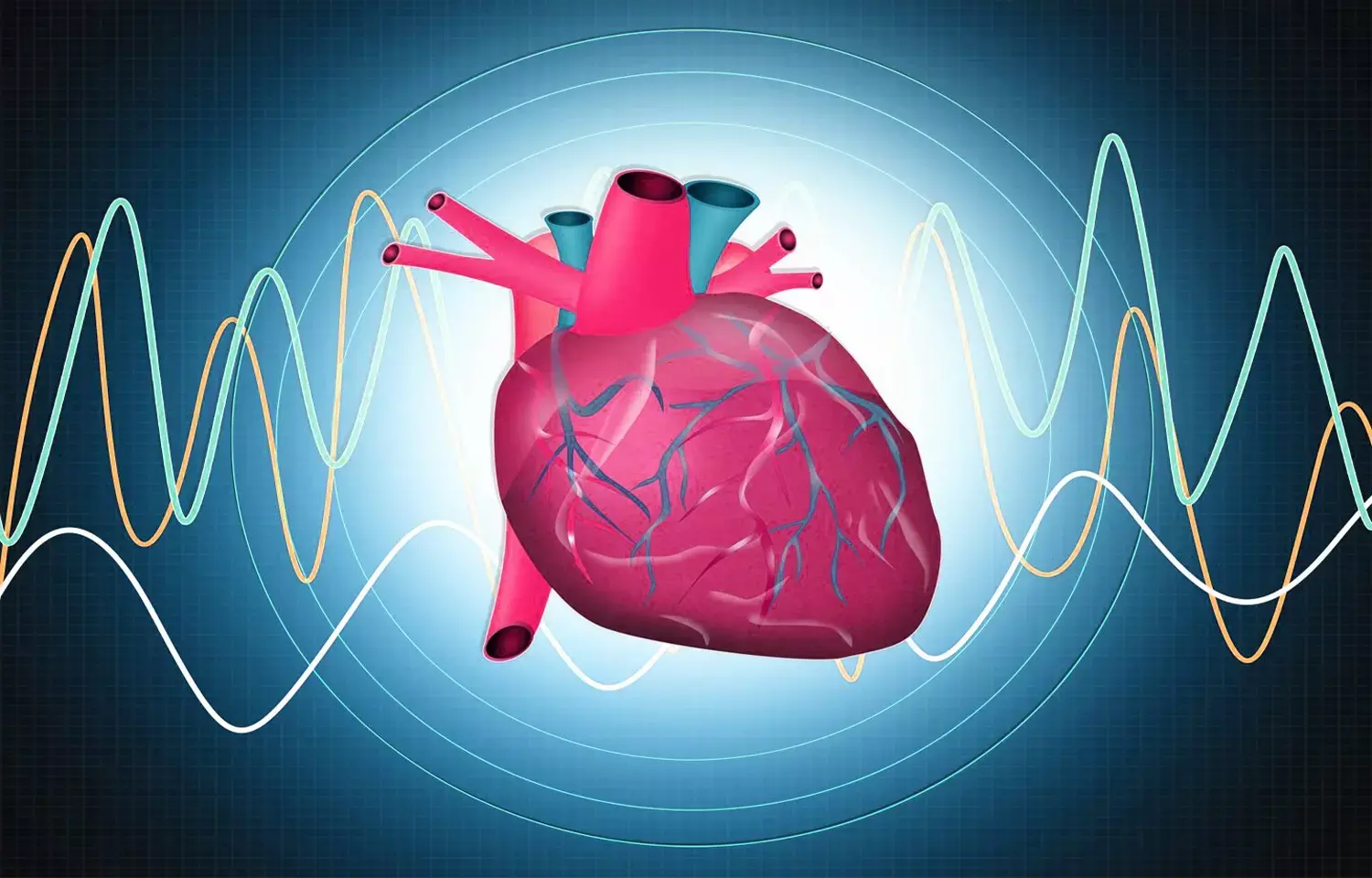- Home
- Medical news & Guidelines
- Anesthesiology
- Cardiology and CTVS
- Critical Care
- Dentistry
- Dermatology
- Diabetes and Endocrinology
- ENT
- Gastroenterology
- Medicine
- Nephrology
- Neurology
- Obstretics-Gynaecology
- Oncology
- Ophthalmology
- Orthopaedics
- Pediatrics-Neonatology
- Psychiatry
- Pulmonology
- Radiology
- Surgery
- Urology
- Laboratory Medicine
- Diet
- Nursing
- Paramedical
- Physiotherapy
- Health news
- Fact Check
- Bone Health Fact Check
- Brain Health Fact Check
- Cancer Related Fact Check
- Child Care Fact Check
- Dental and oral health fact check
- Diabetes and metabolic health fact check
- Diet and Nutrition Fact Check
- Eye and ENT Care Fact Check
- Fitness fact check
- Gut health fact check
- Heart health fact check
- Kidney health fact check
- Medical education fact check
- Men's health fact check
- Respiratory fact check
- Skin and hair care fact check
- Vaccine and Immunization fact check
- Women's health fact check
- AYUSH
- State News
- Andaman and Nicobar Islands
- Andhra Pradesh
- Arunachal Pradesh
- Assam
- Bihar
- Chandigarh
- Chattisgarh
- Dadra and Nagar Haveli
- Daman and Diu
- Delhi
- Goa
- Gujarat
- Haryana
- Himachal Pradesh
- Jammu & Kashmir
- Jharkhand
- Karnataka
- Kerala
- Ladakh
- Lakshadweep
- Madhya Pradesh
- Maharashtra
- Manipur
- Meghalaya
- Mizoram
- Nagaland
- Odisha
- Puducherry
- Punjab
- Rajasthan
- Sikkim
- Tamil Nadu
- Telangana
- Tripura
- Uttar Pradesh
- Uttrakhand
- West Bengal
- Medical Education
- Industry
Cardiovascular biomarkers strongly associated with fatal and nonfatal CV events and mortality: JAMA

CAPTION
Novel biomarkers predict the development of incident heart failure.
CREDIT
MostPhotos/Rossella Apostoli.
Researchers in a recent study have sought to enhance risk prediction for atherosclerotic cardiovascular disease (ASCVD) by evaluating the prognostic value of various cardiovascular biomarkers in addition to established risk factors. Identifying individuals at high risk for ASCVD is crucial for informing primary prevention strategies. However, their impact is more significant for heart failure and mortality outcomes, particularly in older adults. This study was published in JAMA by Neumann JT and colleagues.
The study included individuals with a median age of 53.1 years, of whom 52.4% were women, with a median follow-up of 11.8 years. Incidence of ASCVD events totaled 17,211 cases during the follow-up period. Each biomarker showed a significant association with ASCVD and secondary outcomes. Addition of biomarkers to established risk factor models led to a small improvement in risk prediction metrics for ASCVD but had a more pronounced impact on heart failure and mortality outcomes, particularly in individuals aged 65 years or older.
The key findings of the study were as follows:
The study analyzed data from 164,054 individuals across 28 population-based cohorts from 12 countries and 4 continents.
All biomarkers, including high-sensitivity cardiac troponin I, high-sensitivity cardiac troponin T, N-terminal pro-B-type natriuretic peptide, B-type natriuretic peptide, and high-sensitivity C-reactive protein, were significantly associated with incident ASCVD events and secondary outcomes such as all-cause mortality, heart failure, ischemic stroke, and myocardial infarction.
Addition of each biomarker to established risk factor models improved the C statistic, with the combination of high-sensitivity cardiac troponin I, N-terminal pro-B-type natriuretic peptide, and high-sensitivity C-reactive protein showing the most substantial improvement in risk prediction for ASCVD, particularly in younger adults aged <65 years.
However, the incremental value of biomarkers in improving risk prediction metrics for ASCVD was modest, although more favorable for heart failure and mortality outcomes.
While cardiovascular biomarkers were strongly associated with fatal and nonfatal cardiovascular events and mortality, their addition to established risk factors only marginally improved risk prediction for ASCVD. However, the incremental value of biomarkers was more pronounced for heart failure and mortality outcomes. These findings suggest that while biomarkers may offer some additional predictive value, their impact on overall risk prediction for ASCVD is limited, particularly in younger adults.
Reference:
Neumann JT, Twerenbold R, Weimann J, et al. Prognostic Value of Cardiovascular Biomarkers in the Population. JAMA. Published online May 13, 2024. doi:10.1001/jama.2024.5596Dr Riya Dave has completed dentistry from Gujarat University in 2022. She is a dentist and accomplished medical and scientific writer known for her commitment to bridging the gap between clinical expertise and accessible healthcare information. She has been actively involved in writing blogs related to health and wellness.
Dr Kamal Kant Kohli-MBBS, DTCD- a chest specialist with more than 30 years of practice and a flair for writing clinical articles, Dr Kamal Kant Kohli joined Medical Dialogues as a Chief Editor of Medical News. Besides writing articles, as an editor, he proofreads and verifies all the medical content published on Medical Dialogues including those coming from journals, studies,medical conferences,guidelines etc. Email: drkohli@medicaldialogues.in. Contact no. 011-43720751


